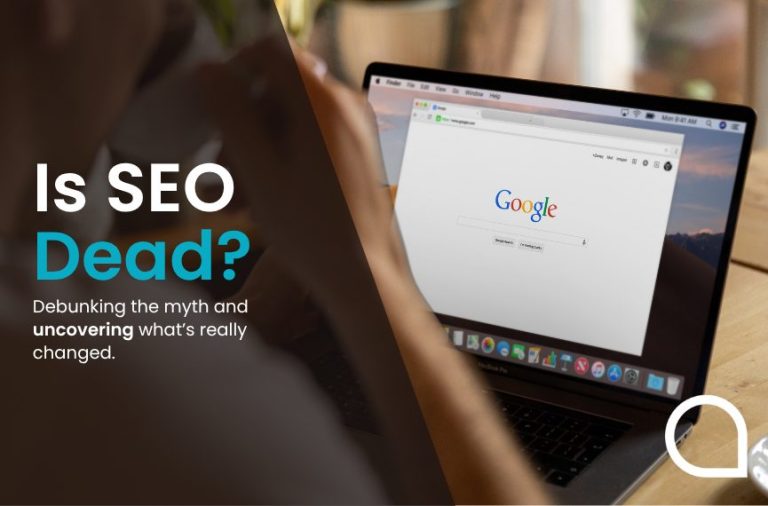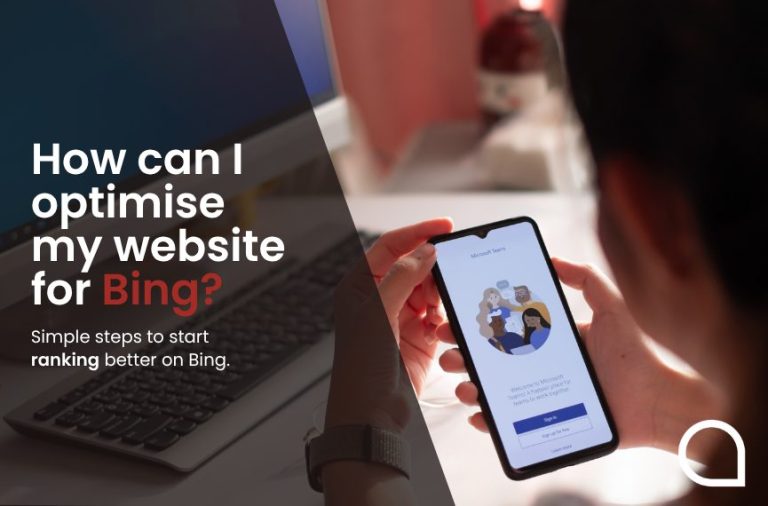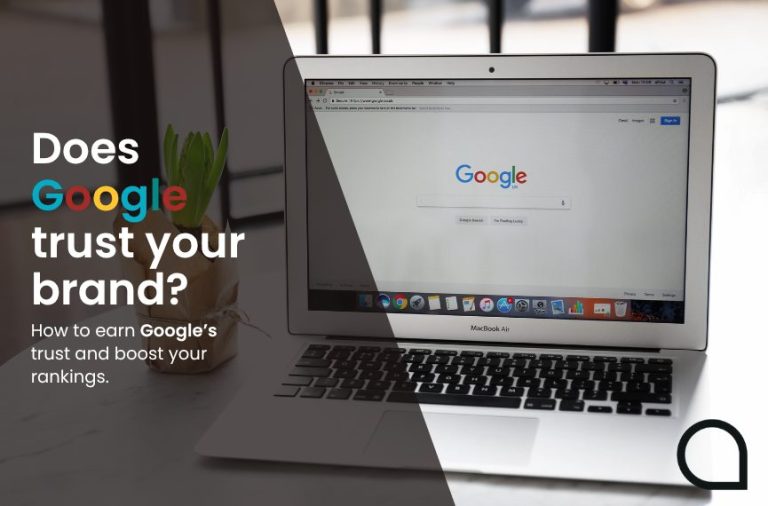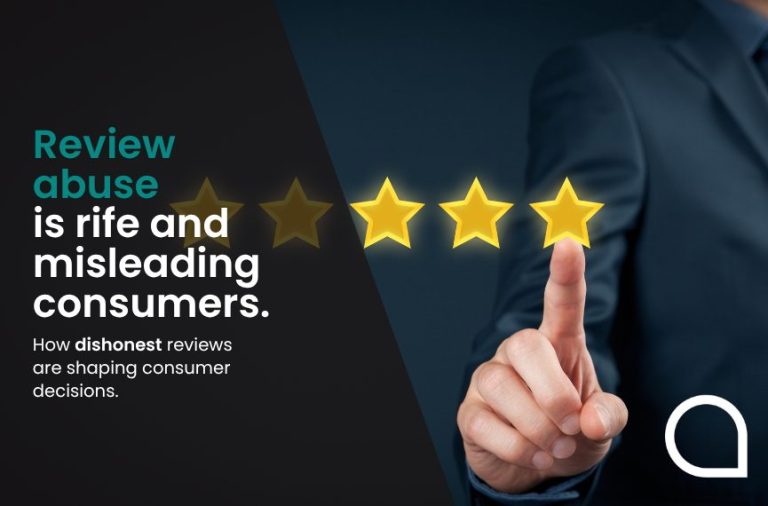One of the sad things about our business is the number of customers we meet that start the conversation with “I was ripped off by the last SEO company….”
As disheartening at this statement appears, we see it as a positive.
After all, what we deliver today is a result of listening to customers like this over the years. Our proposition and everything we deliver is designed to minimise this type of disappointment.
In short, it’s about delivering what we say we will, when we say we will deliver it.
After all, if we simply do what the last Company did to them, then we would be no better.
Of course, we can’t please all of the people all of the time and there are odd occasions where what we have been asked to do and what we have delivered simply don’t match up.
Thankfully, these are few and far between, and when it does happen, we learn, adapt and put in new processes to prevent it from happening again.

As a result of this, for example, we now have in place a minimum spend threshold, below which we won’t take on a new customer. It’s worth taking a moment to explore exactly why this is.
Over the years the biggest issue we have found is managing people’s expectations of what they will get for their money. And the firms that demand the most are often those with the smallest budgets and the most to lose.
Someone operating on their own from a home office may need our services, but they won’t have the cashflow to sustain what it takes to build a sustainable SEO campaign with a firm like ours.
For these people, we’re quite happy to point them to online resources like Moz’s Beginners Guide to SEO, where they can learn everything they need to know about SEO or indeed to books like Liam McGee and Steve Johnson’s great work, 50 Ways to make Google love your website.
The issue, of course, is that SEO doesn’t happen overnight.
There are lots of articles telling you how long it takes for SEO to work and most of them (even Google) will say 3-6 months before you see any traction. And for a small business, that can be a lot of money for no obvious return.
How should you go about choosing an SEO company?
Well, we wrote an article way back in 2013 offering a view on how to choose a good company. At that time, we included the line “In fact with the way Google is currently going, it is these people along with Content Marketers who have a distinct advantage” which given the way Google has developed, seems quite prescient now!
Google has also subsequently produced their “Guide to choosing an SEO” which outlines the things you should be thinking about and looking for if you are in the market for a firm like this.

The first thing they do is list a number of the areas an SEO can help your website including;
- Review of your site content or structure
- Technical advice on website development: for example, hosting, redirects, error pages, use of JavaScript
- Content development
- Management of online business development campaigns
- Keyword research
- SEO training
- Expertise in specific markets and geographies.
Followed but the very important and often overlooked sentence;
“Advertising with Google won’t have any effect on your site’s presence in our search results. Google never accepts money to include or rank sites in our search results, and it costs nothing to appear in our organic search results”
This is fundamental to understanding SEO.
It costs nothing to appear in search results. That’s right, not a penny (or cent).
Not only that, but spending money on Google Ads won’t make any difference to your rankings either.
This is important, as there are firms out there who will offer to ‘Get you to #1’ but when you examine the proposition, it’s not SEO at all, they just use Google Ads to get you to position #1 at least once a day on an obscure search term.
It’s not SEO and it adds no long-term value to your website.
How to Get Started Choosing an SEO Company
Rather than reinvent the wheel, we are going to reproduce here exactly what Google says, including links to all their resources.
It might sound counterintuitive to show you how to do it yourself, but in our experience, it’s much better that you know what you are buying before you spend the money.
Here’s what Google says;
If you run a small local business, you can probably do much of the work yourself. Here are some good resources:
- Check out our 30-minute video series on building an online presence for your business.
- Google Webmaster Guidelines
- Google 101: How Google crawls, indexes and serves the web.
- The SEO starter guide describes much of what your SEO will do for you. Although you don’t need to know this guide well yourself if you’re hiring a professional to do the work for you, it is useful to be familiar with these techniques, so that you can be aware if an SEO wants to use a technique that is not recommended or, worse, strongly discouraged.
- Remember that it will take time for you to see results: typically from four months to a year from the time you begin making changes until you start to see the benefits.
If you think that you still need extra help from a professional, continue reading about how to choose an SEO.
Need to hire an SEO? What next?
If you’ve got this far and you have decided that you can’t or don’t want to do this yourself, then how do you choose an SEO?
Well, your first choice is what size of business do you want to work with?
Sole Trader
There are a great many ‘independent’ SEO Consultants advertising online, and they provide an excellent service in the main for small businesses.
They are often sole traders, mostly work from home, are rarely VAT registered and quite often use automated and outsourced solutions to provide their service.
There‘s nothing wrong with this; we know some very good people who work this way and provide an excellent service for not much money.
As with all small businesses however, they have their limitations including lack of holiday cover, ability to provide every customer with the attention they need and ability to grow as you do.
Small Team
The next level is a small two or three man team, some of which are excellent and highly proficient.
Often spawned from larger agencies, these breakaways are talented people who ‘wanted to do it their way’ and so they set up, often taking some loyal customers with them from the previous agency.
Again, they can achieve excellent results but can feel pressured as more business comes through the door, stretching their capacities to cope.
Medium Sized Firms
Medium sized firms, on the other hand, have the scope to cope and have probably got the resources to deal with most customers and customer requests.
Often longer established than the previous two categories, they are almost always more expensive, as rent, rates, salaries, pensions, Employers NI, Insurance and all the other attendant costs mean they won’t be able to do it for the same price as a one man band.
Large Agency
Then finally you have the large agencies, with 25+ employees who will already be dealing with household names and brands that you would recognise. Typically, the most expensive of the choices, they will boast a team of experienced professionals who should be able to meet anything you can throw at them.
So, start by thinking about what size firm you both want and need.
You may want someone how deals with household names, but can you afford them? They may produce the same results as a one man band but just charge more.
Conversely, just by choosing the one man band to save money, don’t think that they will give you the service levels you would get from a bigger agency. It’s highly unlikely they will be able to do this.
Eventually, you will need to make a trade off. But how to do that?

Google suggests the following 5 steps to choosing an SEO
- Be committed to implementing the recommended changes. Making the changes recommended by an SEO takes time and effort; if you aren’t going to take the time to make these changes, it’s not worthwhile hiring a professional.
- Interview your potential SEO. Some useful questions to ask an SEO include:
- Can you show me examples of your previous work and share some success stories?
- Do you follow the Google Webmaster Guidelines?
- Do you offer any online marketing services or advice to complement your organic search business?
- What kind of results do you expect to see, and in what timeframe? How do you measure your success?
- What’s your experience in my industry?
- What’s your experience in my country/city?
- What’s your experience developing international sites?
- What are your most important SEO techniques?
- How long have you been in business?
- How can I expect to communicate with you? Will you share with me all the changes you make to my site, and provide detailed information about your recommendations and the reasoning behind them?
See if the SEO is interested in you and your business. If they’re not interested, find someone who is. Your SEO should ask questions such as:
-
- What makes your business or service unique and valuable to customers?
- Who are your customers?
- How does your business make money, and how can search results help?
- What other advertising channels are you using?
- Who are your competitors?
- Check your SEO’s business references. Ask past clients if they felt that this SEO provided useful service, was easy to work with, and produced positive results.
- Ask for a technical and search audit for your site to learn what they think needs to be done, why, and what the expected outcome should be. You’ll probably have to pay for this. You will probably have to give them read-only access to your site on Search Console. (At this stage, don’t grant them write access.) Your prospective SEO should be able to give you realistic estimates of improvement, and an estimate of the work involved. If they guarantee you that their changes will give you first place in search results, find someone else.
- Decide if you want to hire.
The really interesting bit in there that most people miss is in point four. It says “If they guarantee you that their changes will give you first place in search results, find someone else.”
We couldn’t have put it better ourselves.
How can I be sure I’m choosing a ‘good’ SEO Company?
An interesting question.
With so many companies bemoaning a previously poor experience with an SEO firm you have to wonder how they choose a better one next time around.
Even Google says;
“While SEOs can provide clients with valuable services, some unethical SEOs have given the industry a black eye by using overly aggressive marketing efforts and attempting to manipulate search engine results in unfair ways.”
What they fail to mention is that for years, they allowed this manipulation to work, to go unpunished, and for some firms to make enormous amounts of money on the back of Google’s failure to deal with this behaviour.
With such great rewards available, is it any wonder people were tempted to cheat?
To ensure that you don’t fall foul a second (or third, fourth, fifth….) time, Google’s next recommendation builds on the Audit that they suggest you ask for in point 4 above.
They say;
When your SEO comes up with a set of recommendations for your site, ask her to corroborate these recommendations with a trusted source, such as a Search Console help page, Webmasters blog entry, or Google-sanctioned response in the webmasters’ forum.
Actually, that’s a bad idea. A better idea is for you to corroborate it. After all, asking a SEO who’s just made recommendations if those recommendations are sound, is self defeating.
What is a good idea though is to avoid an SEO who makes any of the following suggestions;
- Creation of ‘shadow’ domains to redirect traffic to a website
- Creation of ‘doorway’ pages to drive traffic to a website
- Plugging your website into a PBN to get the value of the links
- Buying vast numbers of links just to improve your rankings
- Adding your website to 200+ directories
- Using ‘script’ pages to run up hundreds of different landing pages
- An SEO firm that emails you out of the blue telling you your website has issues.
Top tips for not losing your shirt
Amazingly, Google still, to this day, gets emails which start;
“Dear google.com,
I visited your website and noticed that you are not listed in most of the major search engines and directories…”
Astonishing right?
Not really. Their modus operandi is to send millions of these emails out on the basis that all it takes is a handful of people to fall for it and they can be thousands of pounds richer. Typically, they will take your money and disappear, delivering absolutely nothing.
So, here’s our ‘top tip’s list of the things that should alert you to the fact that your prospective SEO company isn’t quite what they seem.
- They guarantee to get to you #1 on Google
- They tell you that they have a ‘special relationship’ with Google
- That they can get you ranking quicker on Google than anyone else
- They won’t explain clearly what they are going to do for you
- They want you to link to them from your website
- They can’t provide an example of their reporting
- That spending on Google Ads will mean you get ‘priority’ in the Organic Listings
- They ‘guarantee’ ranking, but only on obscure, long keyword phrases you would get anyway
- You can’t find their website and don’t know where they are based
- They operate with multiple aliases or falsified WHOIS info
Seems like quite a lot to watch out for?
Not really, as the majority of legitimate firms don’t do any of these things and provide a thoroughly professional service for their customers.
The ‘wild west’ days of cowboy SEO companies are long gone. That’s not to say that all firms now out there are good, that’s a different matter. But the days of being able to actively deceive Google and expect it to last, are past.
And finally, when you think about it, would you rather trust your website to someone who has a long term plan to build the value of your website with sustainable rankings, or someone who promises to get you to the top tomorrow but with the chance you could get caught and banned.
It’s your choice.





